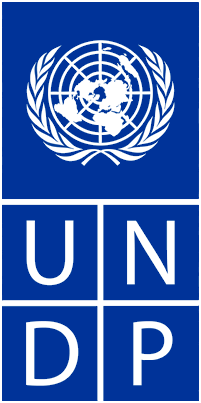Community / Land projects / SUSTAINPEAT: Overcoming barriers to sustainable livelihoods and environments in smallholder agricultural syste
SUSTAINPEAT: Overcoming barriers to sustainable livelihoods and environments in smallholder agricultural syste

€695276.6238
09/17 - 03/21
Completed
This project is part of
Implementing Organisations
Donors
Data Providers
General
This proposal aligns closely with 2 of the 5 agriculture and food system challenges identified in this BBSRC global challenges call namely (a) resilience of the food system to climatic variability and (b) agriculture within the context of the wider landscape. This project is designed to support environmental sustainability of important landscapes such as tropical peatlands (and the vital ecosystem services they provide) which is only possible if the socio-economic needs of local communities are combined with local knowledge. Thus, an interdisciplinary approach is a crucial component of delivering successful outcomes; this is embedded within our project. Communities living in the peatlands of SE Asia are especially relevant in this context due to their high rates of poverty and low resilience to environmental stressors (e.g. enSO-driven droughts and floods, air pollution from peat/forest fires) in conjunction with their high exposure to external market forces. The project deliberately considers both Indonesia and Malaysia to allow us to contrast the impact of different within country policies with respect to peatland management. The novelty of the project revolves around a number of interrelated features. Firstly the study will provide a comprehensive account of the status of SHA on tropical peat swamps. It will do so via a dedicated study which will develop and employ an innovative framework tailored to the specific characteristics of SHA on peatlands. Not only will this generate high quality information concerning the current status and challenges facing SHA on peatland, but the framework will provide a transferable approach which can be employed to assess SHA in different areas and is upscalable to national and regional scales. The involvement of smallholders and other stakeholders will ensure rapid translation of research findings into planned proposals for practical action. Thirdly the project employs a holistic approach drawing on, and integrating interdisciplinary knowledge across national boundaries; this integration of the biophysical understanding of the crop and peat systems within a relevant socio-economic framework forms the basis of the research approaches. Importantly, this approach will explicitly develop an understanding of key local and scientific terminology reducing barriers to interdisciplinary research and enhancing prospects for adaptation and innovation uptake. There have been livelihood benefits from previous action-led approaches collaboratively undertaken by research teams and communities. However these have been narrowly discipline based; the breadth and depth of the research disciplines within this project and the peatland environment focus will provide further novelty and opportunities for impact. Fundamentally, our proposal makes an innovative contribution to support Malaysia and Indonesia in achieving their Sustainable Development Goals, specifically in relation to reducing poverty, achieving food security and improved nutrition, promoting sustainable agriculture, reducing land degradation, and reducing (economic) inequality between and within countries.
Objectives
The Global Challenges Research Fund (GCRF) supports cutting-edge research to address challenges faced by developing countries. The fund addresses the UN sustainable development goals. It aims to maximise the impact of research and innovation to improve lives and opportunity in the developing world. The fund addresses the UN sustainable development goals. It aims to maximise the impact of research and innovation to improve lives and opportunity in the developing world.



